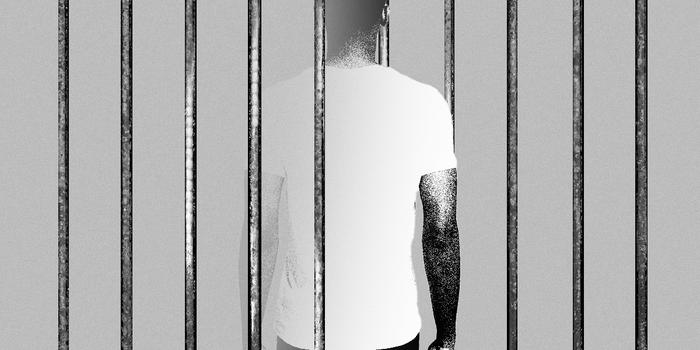-
Location: New Jersey DWI Lawyer 609 Main St. Toms River, NJ - 08753
-
Phone:
201-214-4444
732-282-1394 (1DWI)
Parole is a conditional release from prison, granting offenders the freedom to live in the community under specific terms. A parole violation occurs when those terms are breached, potentially leading to severe consequences, including re-incarceration. Examples of parole violations include failing to report to a parole officer or committing a new crime. To defend against allegations of parole violations, consult with the Law Office of Bartholomew Baffuto, Esquire for legal guidance and representation.
What Are Parole Violations in New Jersey?
In most criminal cases, individuals incarcerated in New Jersey are eligible for parole after completing one-third of their initial sentence. Upon granting parole, the parole board determines specific conditions for early release tailored to the individual circumstances of the parolee and the details of their criminal case.
Among the standard conditions of parole in New Jersey are:
General Conditions of Parole
General conditions typically include:
- Regular reporting to a parole officer
- Maintaining employment
- Residing at an approved address
- Not engaging in any criminal activities
Additionally, a parolee must not possess any illegal substances or firearms, and often are required to undergo regular drug testing. Compliance with parole conditions is crucial, as any breach can lead to a parole violation.
Special Conditions
Depending on the nature of the original crime and the individual’s circumstances, the Parole Board may also impose special conditions on a parolee. These are tailored specifically to that individual and are aimed at preventing recidivism.
For instance, a person convicted of a DUI offense might be required to attend alcohol education programs or submit to regular breathalyzer tests. Similarly, those with a history of drug offenses might have to participate in substance abuse counseling.
Common Parole Violations
Common parole violations in New Jersey include failing to report to a parole officer, failing drug tests, associating with known criminals, or not maintaining steady employment. More severe violations include committing a new crime or possessing illegal substances or weapons. The consequences of these violations can range from a warning or increased supervision to revocation of parole and return to incarceration, depending on the severity and frequency of the violations.
How Is Parole Revoked in New Jersey?
The parole revocation process begins when a parolee is suspected of violating parole conditions. The initial step often involves the parole officer determining whether a violation has occurred. If a violation is suspected, the officer can either issue a warning or request a parole revocation hearing, depending on the severity of the breach.
The Parole Board conducts the parole revocation hearing, which resembles a court trial but has less formal procedures. During this hearing, evidence of the alleged violation is presented, and a parolee can defend himself. At this stage, a parolee can contest the allegations or present mitigating factors.
If the Parole Board concludes that a violation has occurred, it has several options at its disposal, including:
- Imposing additional conditions,
- Increasing supervision,
- Revoking parole and ordering the subject to serve the remainder of the sentence in prison.
The decision is influenced by factors such as the nature and severity of a violation, criminal history, and behavior while on parole.
What Happens If You Face a New Criminal Charge While On Parole?
When a parolee is charged with a new crime, the Parole Board is notified, which can trigger an immediate response. The board may decide to hold a parole revocation hearing based on the new charge, even before the criminal case is resolved in court. This is because the standard of proof for a parole violation is lower than that of a criminal conviction. A parolee can be found in parole violation based on the preponderance of evidence rather than the criminal standard beyond a reasonable doubt.
If found in violation, a parolee could be returned to prison to serve the remainder of an original sentence and face penalties for the new charge. Due to the dual threat of legal challenges, you want to contact a criminal lawyer in New Jersey immediately upon facing new charges.
The stakes could not be higher if you or someone you know is facing a parole violation in New Jersey. This is where the expertise of the Law Offices of Bartholomew Baffuto becomes invaluable. Mr. Baffuto is committed to providing a robust defense, whether arguing against alleged parole violations, representing clients in new criminal charges, or both.


